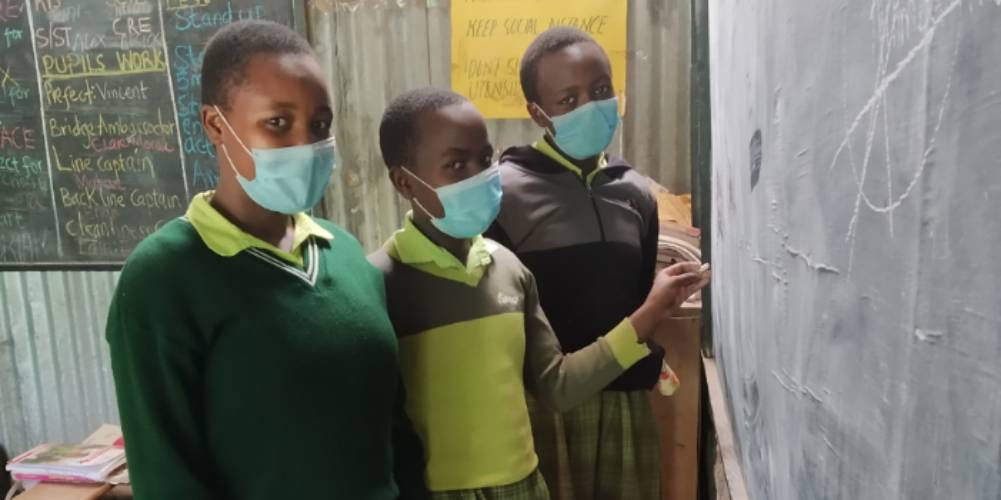×
The Standard e-Paper
Stay Informed, Even Offline

From L-R:Rose Kerubo, Idah Kwamboka and Clara Moraa during a class session.(Rading Biko,Standard)
Two decades ago, women in Africa had reasons to expect change following a much-heralded 1995 Beijing Declaration – a global conference that set ambitious targets to transform the lives of women across the world.